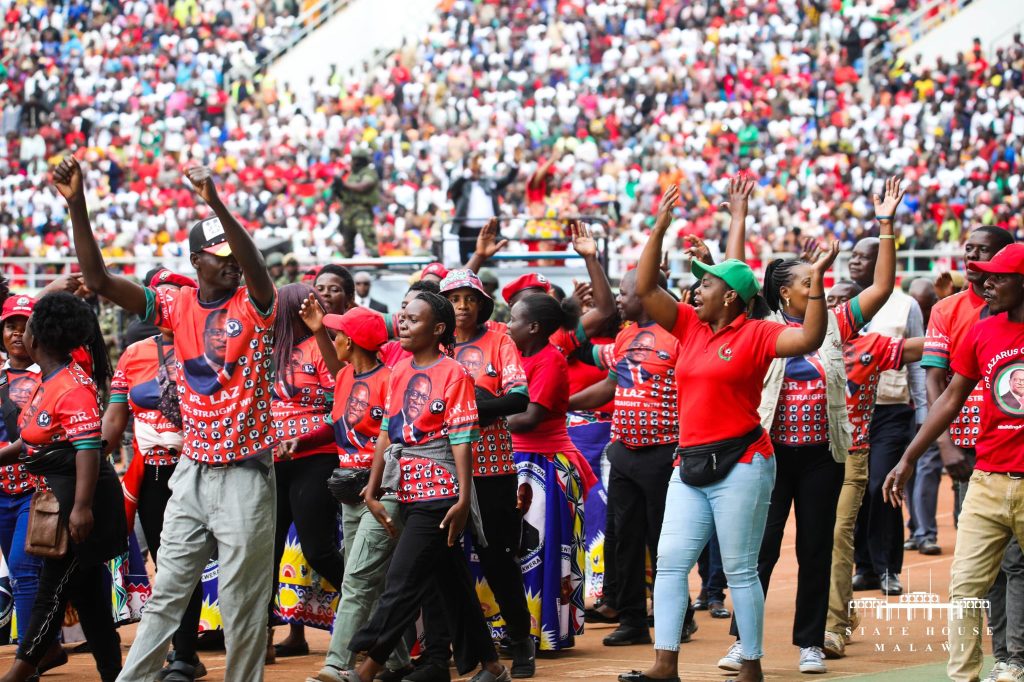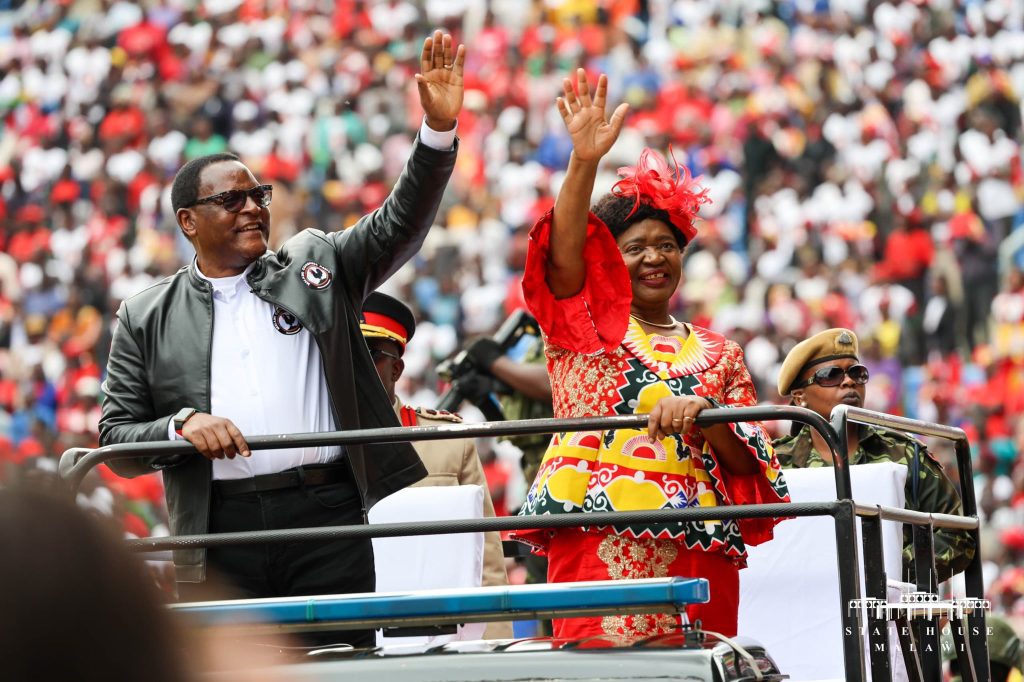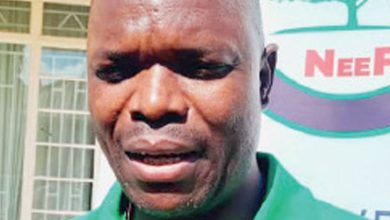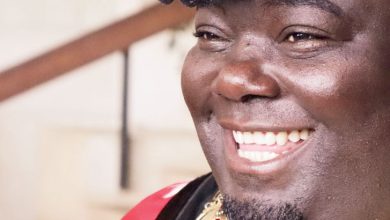Defining moment for MCP asit smarts from election loss
As the dust settles on Malawi’s recent general election, the Malawi Congress Party (MCP) finds itself at a critical crossroads.
Outgoing President Lazarus Chakwera, who earned praise even from his successor Peter Mutharika for graciously conceding defeat, has sparked speculation over his future within the party.

Political analysts remain divided on whether Chakwera’s reference to a ‘transition’ during the concession speech signalled his retirement as MCP leader or a strategic pause aimed at uniting a fractured party.
The debate also follows an internal memo issued by MCP secretary general Richard Chimwendo Banda, dated September 26 2025, which calls for post-election reflection meetings across all party structures.
The memo emphasizes transparency and collective introspection as the party charts its next steps.
“We are confident that we will emerge better, stronger and bounce back from this setback after the lessons learnt,” the memo reads.

“Until then, let us remain united, peaceful and respectful to the president and the entire party leadership.”
Although the Republican Constitution permits Chakwera to contest again in 2030, insiders suggest mounting pressure within the party for him to step aside following MCP’s electoral defeat.
Political scientist Wonderful Mkhutche argues that Chakwera’s popularity within MCP has waned.
“He takes the blame for the loss and understands that some within the party would like to see him pave way for new blood,” he said.
However, Mkutche cautioned against a hasty transition, warning that the party risks installing inexperienced leadership that fails to build on Chakwera’s achievements.
Another analyst, Gift Sambo interpreted Chakwera’s speech not as a farewell, but as a rallying call for unity.
“This should not be seen as a definitive retirement,” he said. “Rather, it reflects his commitment to reinforcing party cohesion during a difficult period. It’s a genuine appeal for all factions to come together.”
Sambo described Chakwera as a democrat intent on guiding the party through a rebuilding process, but acknowledged that political parties tend to approach leadership change conservatively.
The analysts concurred that a well-managed transition could rejuvenate MCP, but if mishandled, it could deepen internal divisions.
Mkhutche emphasized the need for a leader with national appeal, noting that MCP’s traditional Central Region stronghold is no longer sufficient to secure electoral victory.
“This election has shown that regional votes alone cannot win. MCP must find a leader who resonates across the country,” he said.
Echoing the sentiment, political analyst Ernest Thindwa commended Chakwera’s concession as a milestone for democratic maturity.
“Should he choose to step down, the transition must be carefully managed to preserve party unity and allow quality leadership to emerge,” he said.
Thindwa added that while new leadership could help MCP move beyond Chakwera’s mixed legacy, the broader challenge of finding capable leaders persists across Malawi’s political landscape.
Sambo further stressed the importance of identifying a successor with exceptional qualities such as someone visionary, democratic, experienced and loyal to the party’s values.
“MCP faces a monumental task. The next leader must not only inspire, but also embody the principles that brought the party back to power after decades in the wilderness,” he said.
Chakwera’s 2020 victory was hailed as a turning point, ending Democratic Progressive Party’s grip on power.
Yet, MCP’s five-year tenure was marred by economic turbulence, rising living costs and currency depreciation, factors that are believed to have contributed to its electoral downfall.





